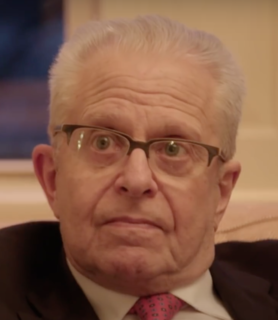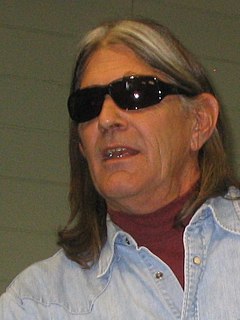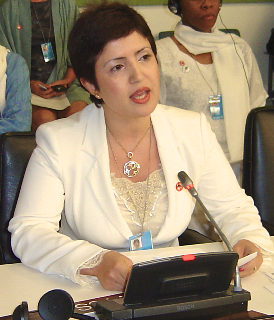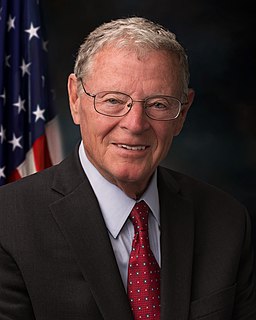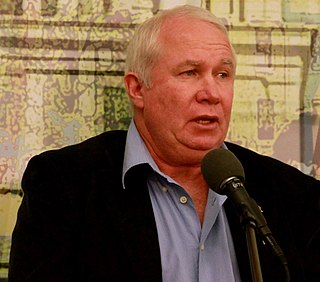A Quote by Lawrence Lessig
Overregulation corrupts citizens and weakens the rule of law.
Quote Topics
Related Quotes
The rule of law means that law and justice are upheld by an independent judiciary. The judgments of the European Court of Justice have to be respected by all. To undermine them, or to undermine the independence of national courts, is to strip citizens of their fundamental rights. The rule of law is not optional in the European Union. It is a must.
It is the collective responsibility of the citizens in a modern state to ensure by all means necessary that its government adheres to the rule of law, not just domestically, but internationally. There are no bystanders. No one is entitled to an 'apolitical' exemption from such obligation. Where default occurs, either by citizens endorsement of official criminality or by the failure of citizens to effectively oppose it, liability is incurred by all
Lack of accountability weakens the environmental and health rights of citizens; it damages peace- building and reconciliation initiatives; impedes the implementation of global health policies; leads to the loss of ecosystems and biodiversity; and weakens democracy, justice, human rights, and international security.

